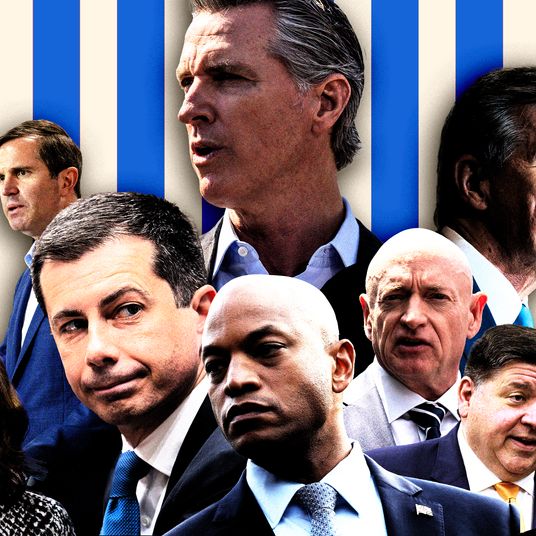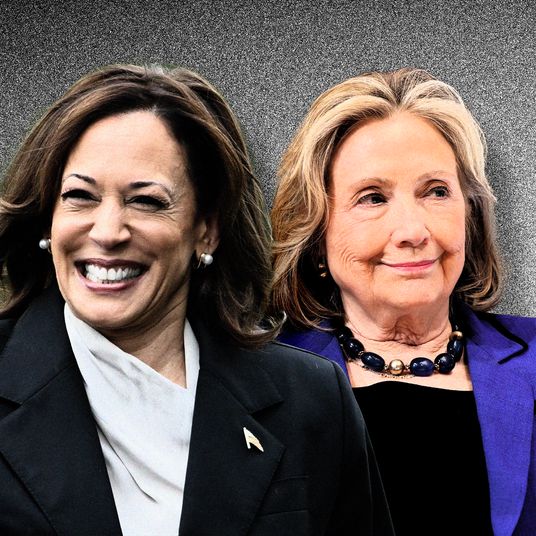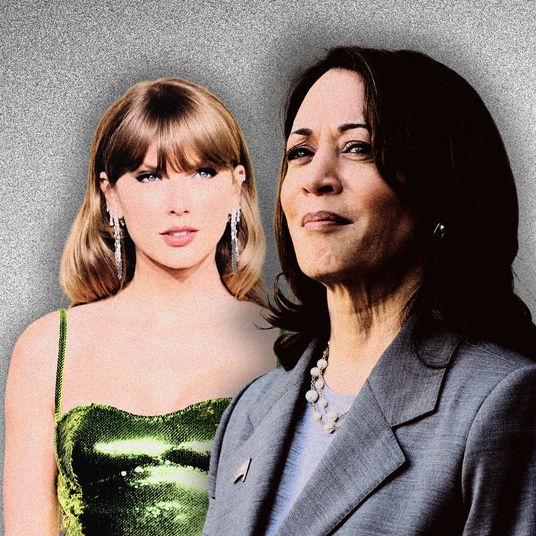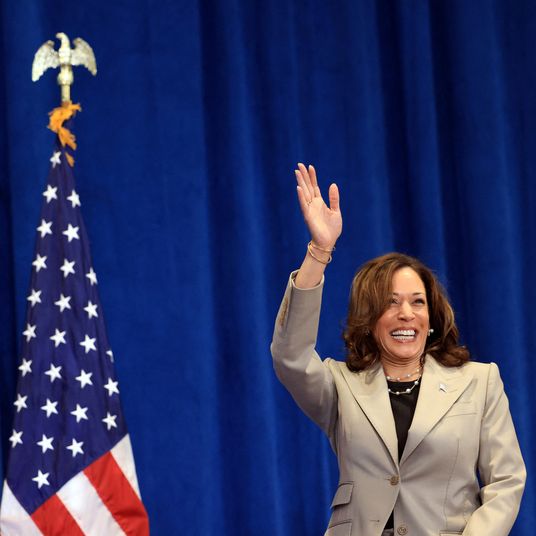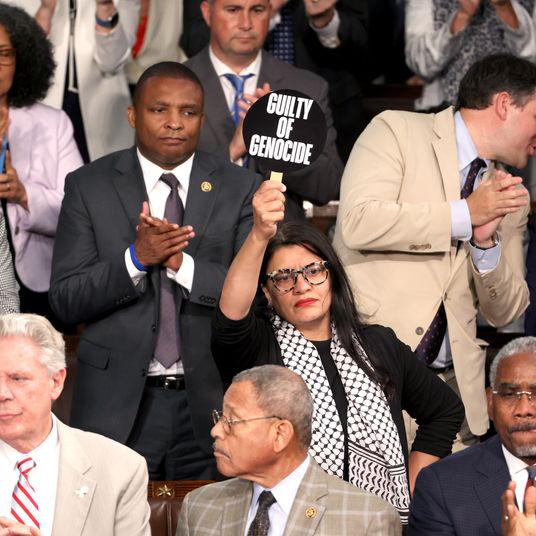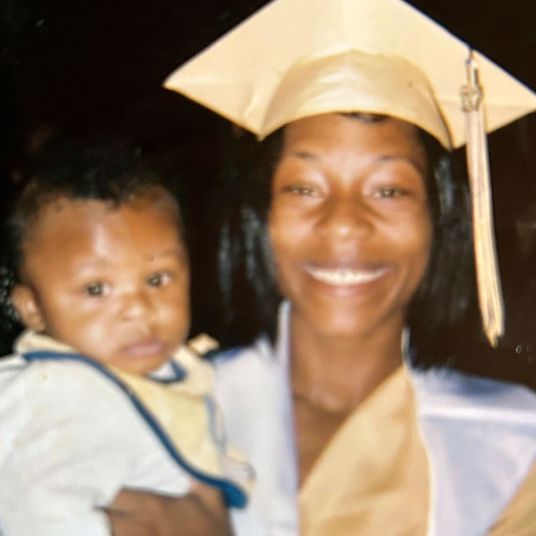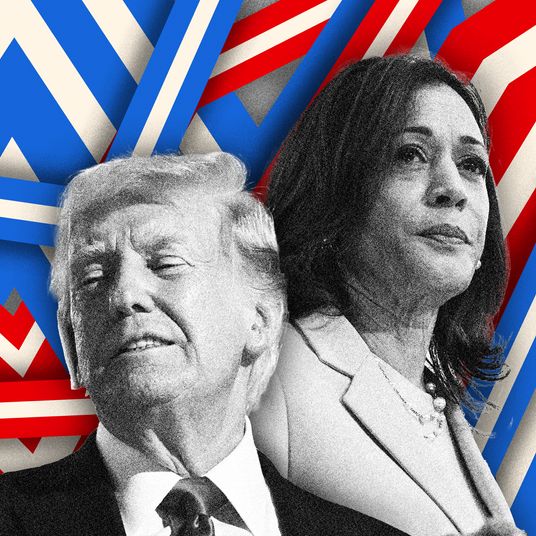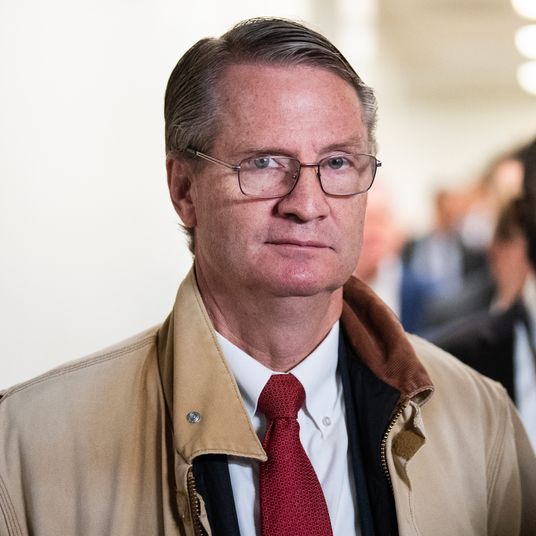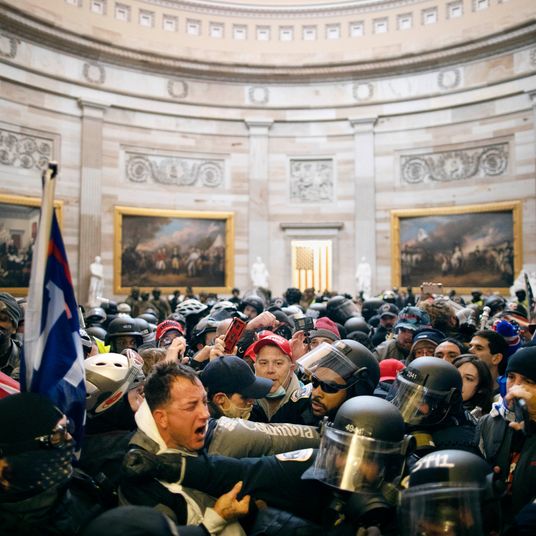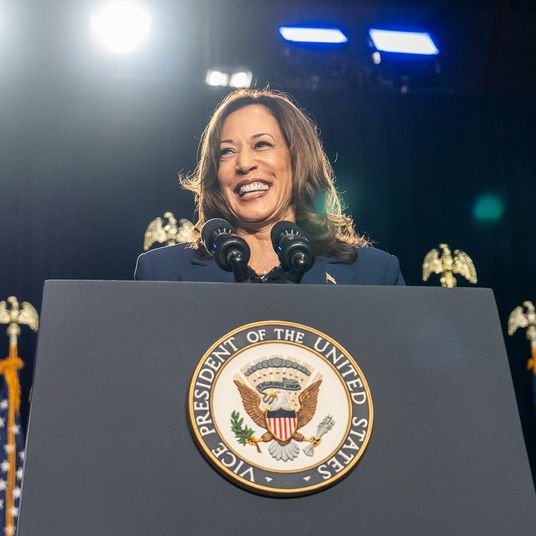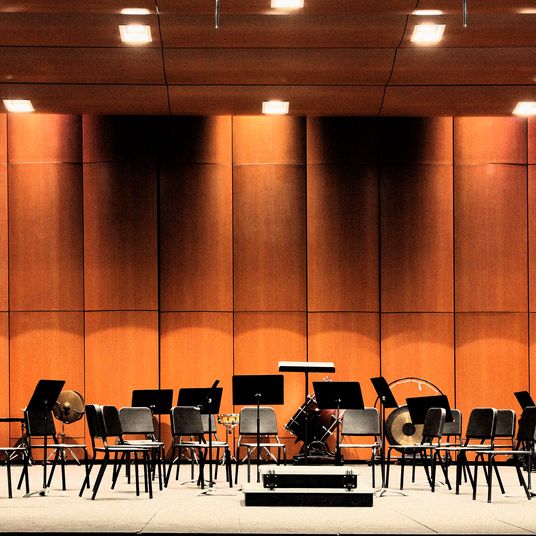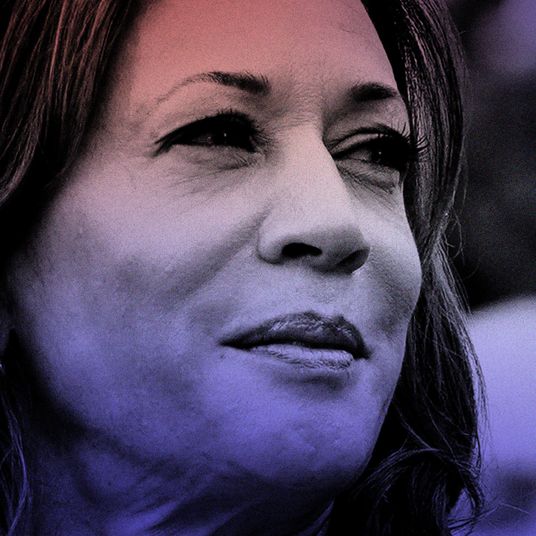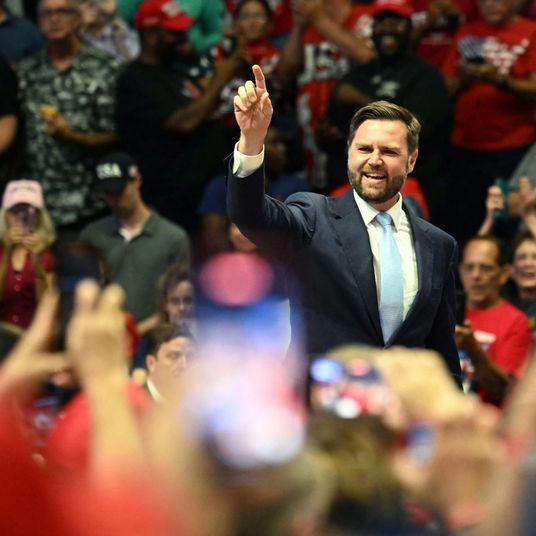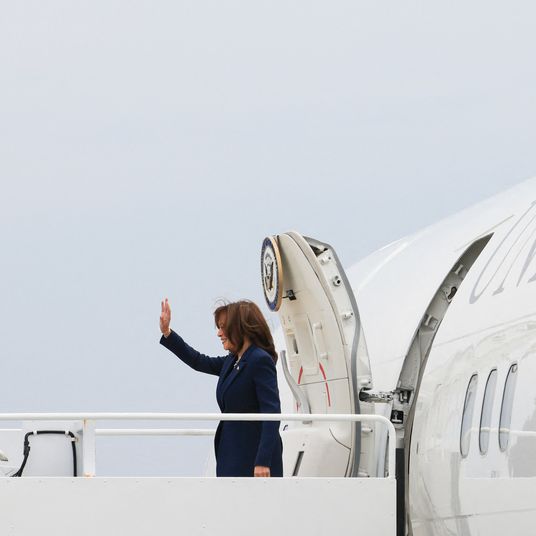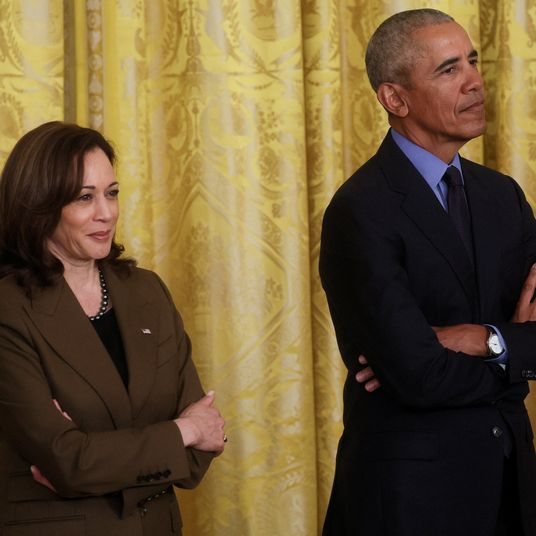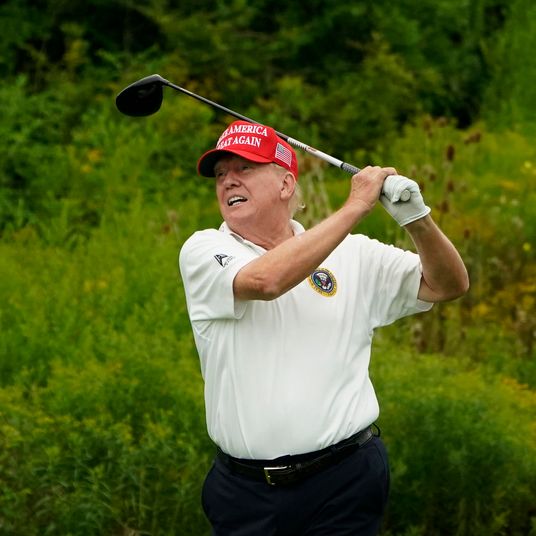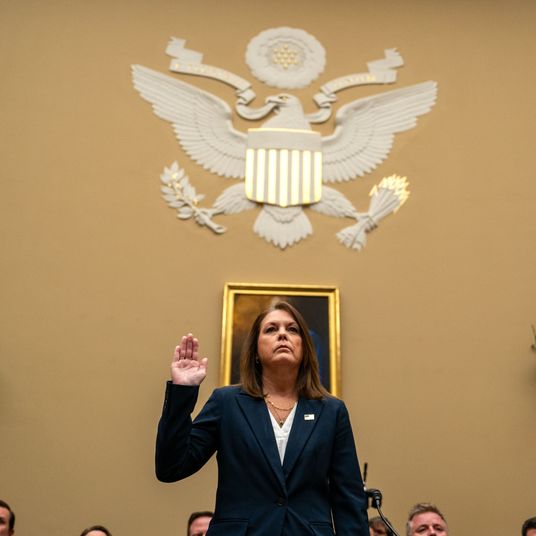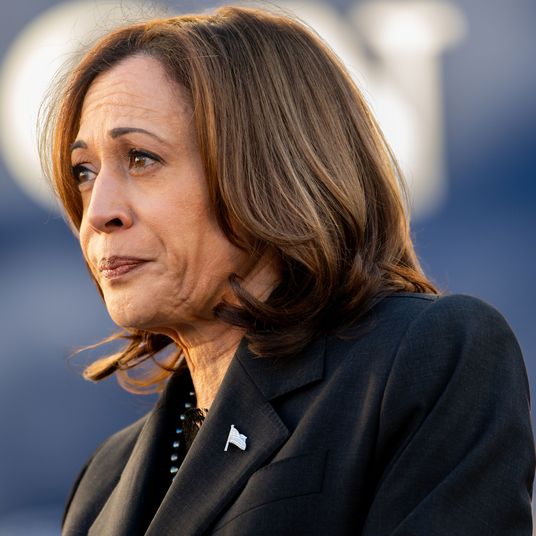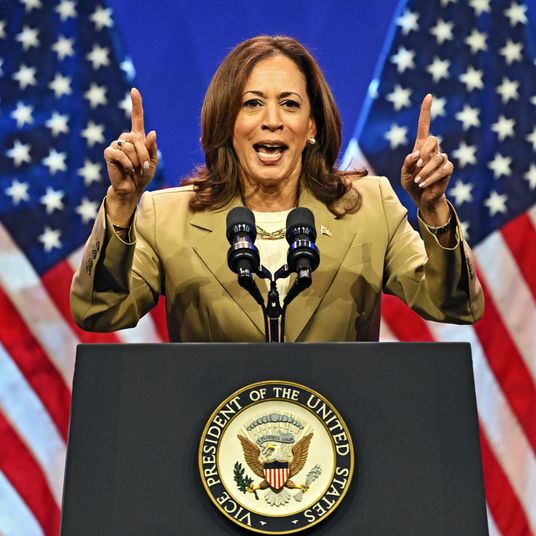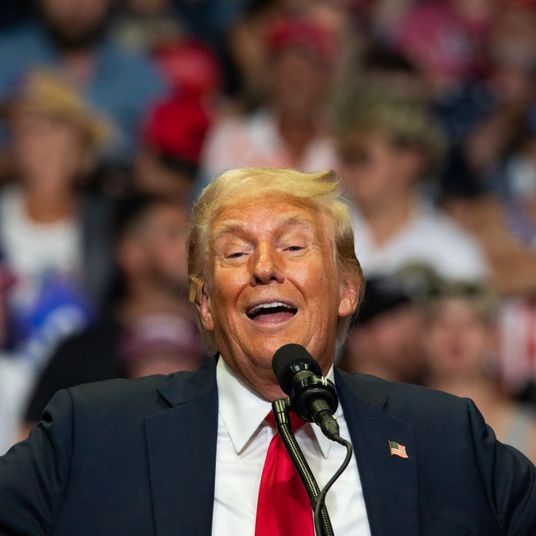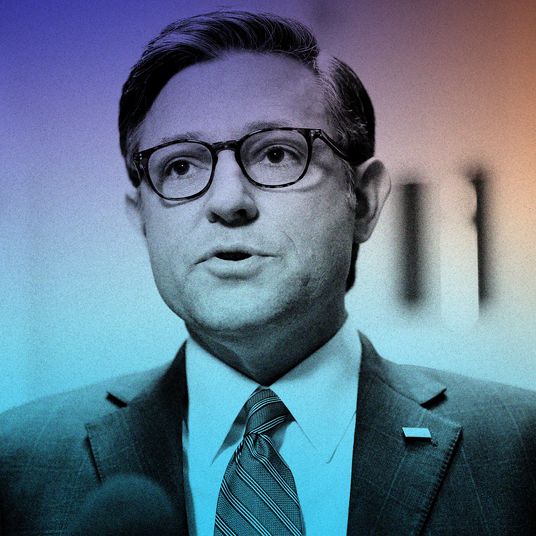
When my parents decided to homeschool me in the early ’90s, they joined a movement dominated by conservative Christians like them. I learned that God created the world in seven days and that America was founded on fundamentalist Christian principles. While I knew, vaguely, that secular homeschoolers existed, I didn’t meet any. Everyone I did know used the same Christian textbooks we did. Decades later, that isolation is still possible, but it may be more difficult to sustain. As more parents turn to homeschooling in the wake of the pandemic, the face of homeschooling is beginning to change.
A new Washington Post–Schar School poll finds that “home-schoolers today are likely to be motivated by fear of school shootings, anxiety over bullying and anger with the perceived encroachment of politics into public schools,” the Post reports, adding, “Yet even among those who voice such concerns, many do not share the deep-seated opposition to public education that defined home-schoolers of past decades, and the new crop is more likely to mix and match homeschooling with public school, depending on their children’s needs.”
The mix-and-match approach isn’t new; I also spent three years in public school. At the time, though, we homeschoolers felt a bit like outliers. If homeschoolers are becoming less hostile to public schools overall, that’s good news — and so is the influx of diverse families. The fundamentalist stranglehold on homeschooling created a political movement that resisted regulation and facilitated neglect and abuse. The Post says that a reverse process is underway: Homeschooling “is evolving from a movement into a practice — no longer driven by shared ideology and political goals but by circumstances specific to individual families.” I hope, then, that today’s homeschoolers are more amenable to regulation, but even if they are, there’s not much to celebrate about a post-pandemic boom in homeschooling.
I don’t say this out of personal animus. Though homeschooling was largely negative for me, I know my experiences are not universal. Rather, I base my concerns on the poll itself. I worry that parents are reacting to societal breakdown. They’re right to fear school shootings, for example. And liberals have their own reasons to worry that politics is seeping into classrooms. “Nearly half of parents are motivated by overly liberal schools, while about a quarter cite conservative viewpoints,” the Post says. “The group that began homeschooling since the pandemic is more closely divided between those two views.” Others feel that students with special needs aren’t receiving adequate resources in public school.
The conservative war on public education is bearing fruit, even if today’s homeschoolers don’t all share their views. Public schools are public goods. The state they’re in tells us something about the state of community life, too. When they’re underfunded, and under attack from hostile activists and lawmakers, we all suffer. Society shrinks, we become atomized, and children inevitably pay a price. In the most direct sense, they can suffer neglect and abuse in an unregulated homeschooling landscape. More broadly, they in their vulnerability bear the brunt of society’s decline. I’m glad homeschooling is changing. But as it rises, I think we should sound an alarm.






